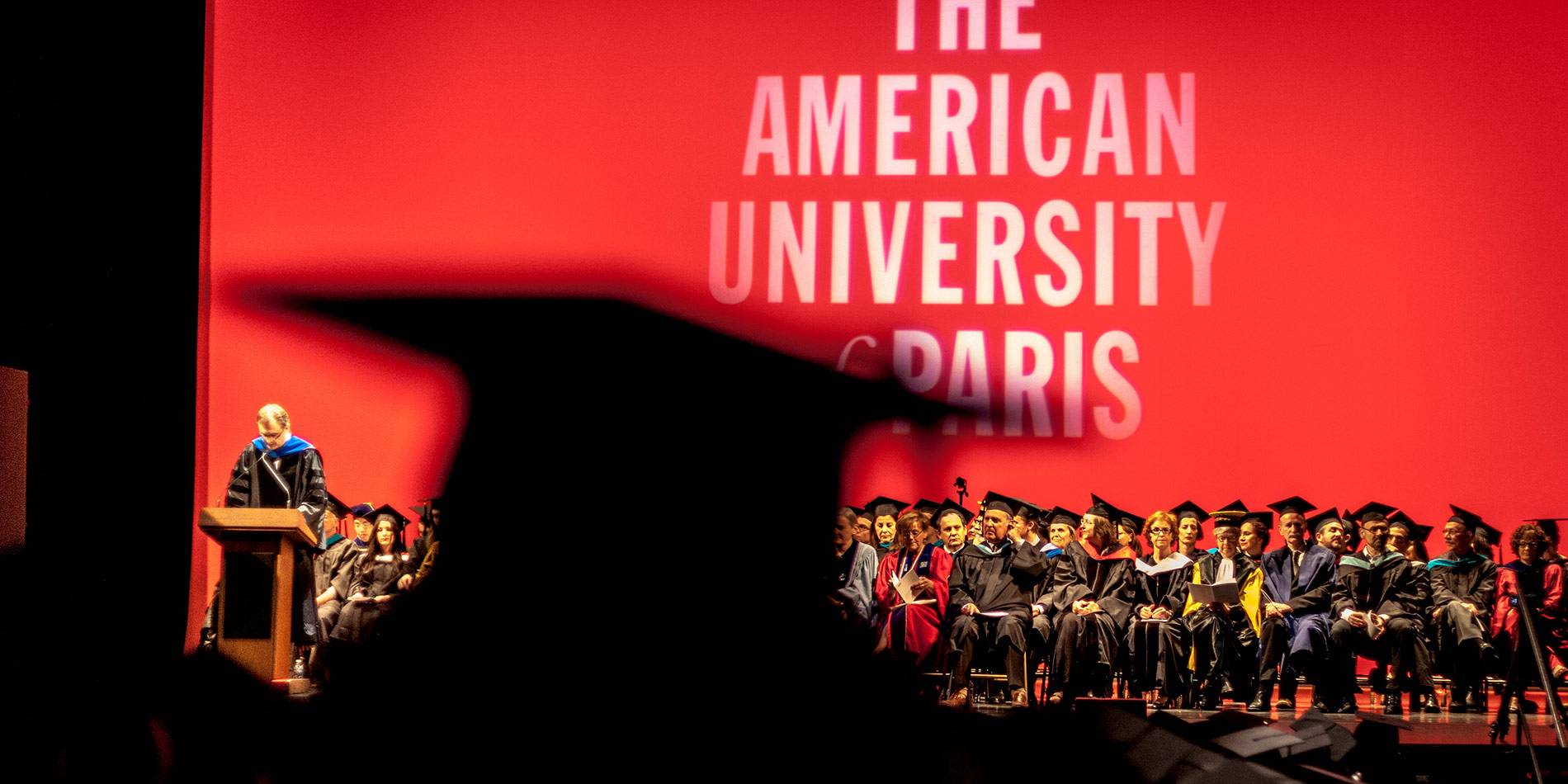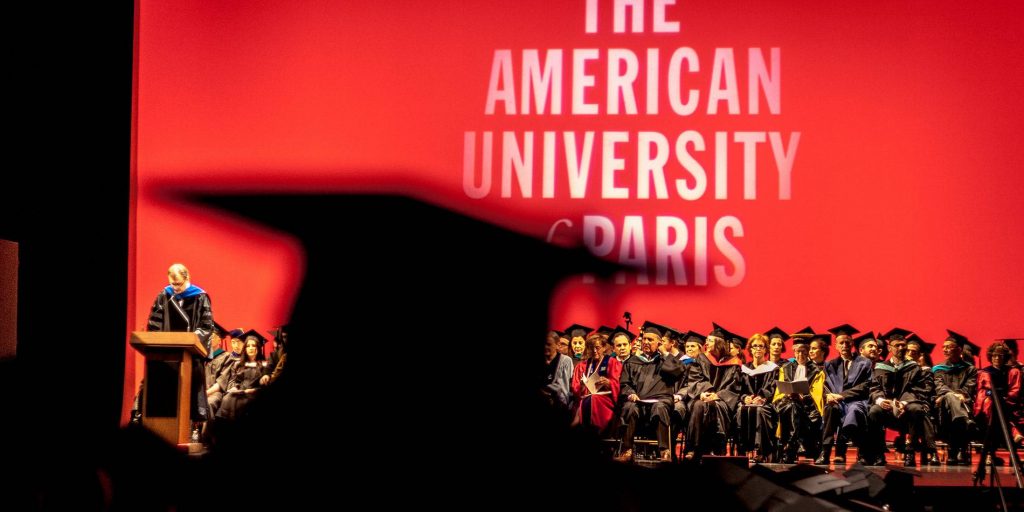
FASHION EDUCATION: LEARNING AND TEACHING FASHION IN THEORY AND PRACTICE
FRIDAY, OCTOBER 2, 2020 (ALL DAY) TO SATURDAY, OCTOBER 3, 2020 (ALL DAY)
ADVISORY BOARD:
- Prof Zowie Broach (Head of Programme Fashion, The Royal College of Art, London, UK)
- Prof Dr Elke Gaugele (Fashion and Styles, Education in the Arts, Academy of Fine Arts Vienna, Austria)
- Prof Dr Christina Moon (Fashion Studies, Parsons, The New School, New York, US)
- Prof Alistair O’Neill (Fashion History and Theory, Central Saint Martins, London, UK)
- Dr Valerie Steele (Director & Chief Curator, The Museum at the Fashion Institute of Technology, New York, US)
- Prof Dilys Williams (Director of Centre for Sustainable Fashion, London College of Fashion, UAL, UK)
CALL FOR PARTICIPATION:
Download the Call for Participation as a .pdf file.
How can we learn and teach fashion today and in the future? Over the past thirty years fashion has significantly changed as an idea, professional practice, field and industry. The principle of fashion, of permanent and accelerating change, governs much of contemporary global culture. The fashion system has seen extreme acceleration due to processes of technological permeation, globalization and marketization. Part of this change is its considerable digital reach. As educators and practitioners of fashion we face a vacuum concerning its definition, as well as closely related, complex social, cultural and environmental questions, especially in times of climate and democracy crises. At the same time, fashion education has expanded substantially. Yet the field of fashion education remains underanalyzed with few publications and little formalized professional development and discussion. There are growing quantitative and qualitative discrepancies between education, fields of activities and future perspectives. As co-organizers of this conference, we believe that the study of fashion is interdisciplinary, connective and experiential. It can foster creative as well as critical thinking and making, transcending the boundaries of its field.
Fashion Education constitutes one of the first international conferences focused on the learning and teaching of fashion at tertiary level. This participatory conference aims to explore its current dimensions, challenges, and potential, and facilitate an overdue, yet vital exchange and opportunities of collaboration and mutual learning among educators. It thus seeks to make transparent, reflect on and develop new strategies and visions in the learning and teaching of fashion. Fashion Education explores this field along the following five themes:
-
THINKING THROUGH FASHION EDUCATION: PASTS, PRESENTS, FUTURES
-
CHARTING FASHION EDUCATION: DIMENSIONS, RELEVANCE, REACH
-
QUESTIONING FASHION EDUCATION: CHANGES, CHALLENGES, CHANCES
-
BUILDING FASHION EDUCATION: PHILOSOPHIES, PRACTICES, METHODS
-
FUTURING FASHION EDUCATION: DIRECTIONS, INNOVATIONS, POTENTIAL
Fashion Education aims to investigate these themes with some of the following key questions through conference and seminar papers, workshops, project presentations, panel discussions, roundtables, exhibitions and a student think tank:
- Where / How / Why is fashion currently being learnt and taught?
- What does fashion education mean in different places, defined by local cultures, traditions and industries that are globally connected and dramatically changing?
- What are relevant strategies of learning and teaching fashion today and in the future?
- What are relevant outcomes, contents and methods in learning and teaching fashion?
- How can we create a constructive understanding and interplay between practice and theory?
- How can we create a reasonable interplay between fashion and technology in and through education?
- What relationships does or should fashion education foster with the fashion industry?
- What should students of fashion be able to do, what should they know, experience and be?
- How do we learn and teach a subject in constant transition?
- How do we learn and teach fashion against the backdrop of its contemporary industrial form and the current crises of both climate and democracy?
- How do we de-colonize fashion education in general and fashion history in particular?
- What are strategies to meet the global expansion, privatization, digitization of fashion education?
- What is the current state and the future of postgraduate fashion education?
- How can fashion education inform other educational fields and practices?
- Dates: 2–3 October 2020
Location: The American University of Paris, 69 Quai d’Orsay, 75007 Paris, France
-
WE INVITE CONTRIBUTIONS IN THE FOLLOWING FORMATS:
- 15-minute conference papers
- 10-minute seminar papers
- Interactive workshops of 90 minutes with short inputs of no more than 15 minutes for 15 participants
- Innovative learning and teaching project presentations of 10 minutes
- In order to widen participation, we aim to livestream as many papers as possible and invite a limited number of 10-minute seminar papers via video call
DETAILS OF SUBMISSION:
-
- Abstracts of 250 words with an indication of theme, format, title and five keywords
- Author information (name, job title, academic affiliation/organization, contact details)
- The principal language of conference proceedings: English
- Submissions through ConfTool at https://fashioneducation.aup.edu
- 31 March 2020: Deadline for Call for Participation
- 15 May 2020: publication of a selection of papers
DETAILS OF REGISTRATION:
- Registration will open April 1, 2020
- Details of registration and fees will be published at the end of March at www.aup.edu/fashion-education
ORGANIZERS:
-
- Prof Dr Renate Stauss (Fashion Studies, Department of Global Communications, The American University of Paris, France)
- Prof Franziska Schreiber (Fashion Design, Institute of Experimental Fashion & Textiles Design, Berlin University of the Arts)
CONTACT
-


 Previous Post
Previous Post Next Post
Next Post


